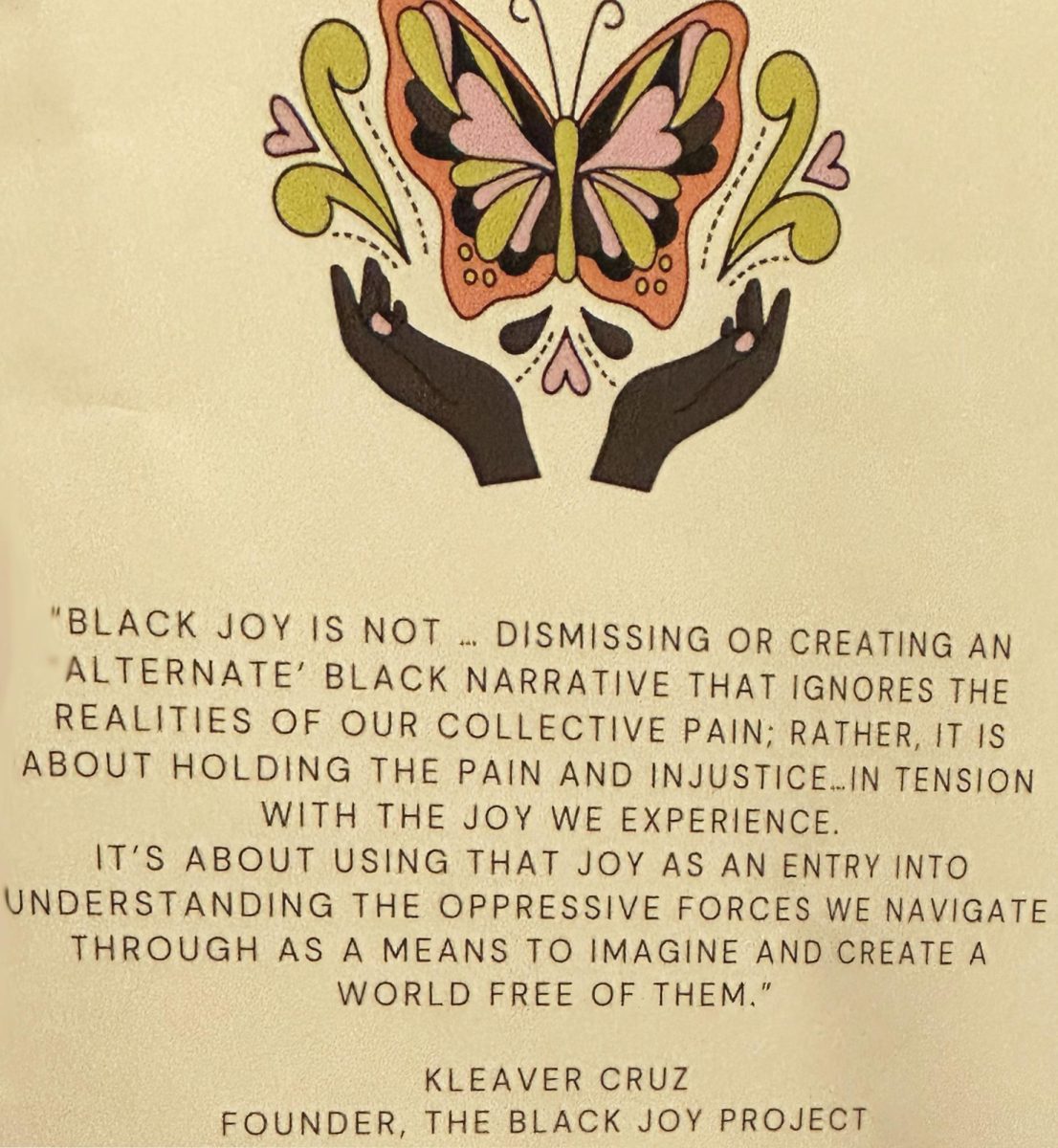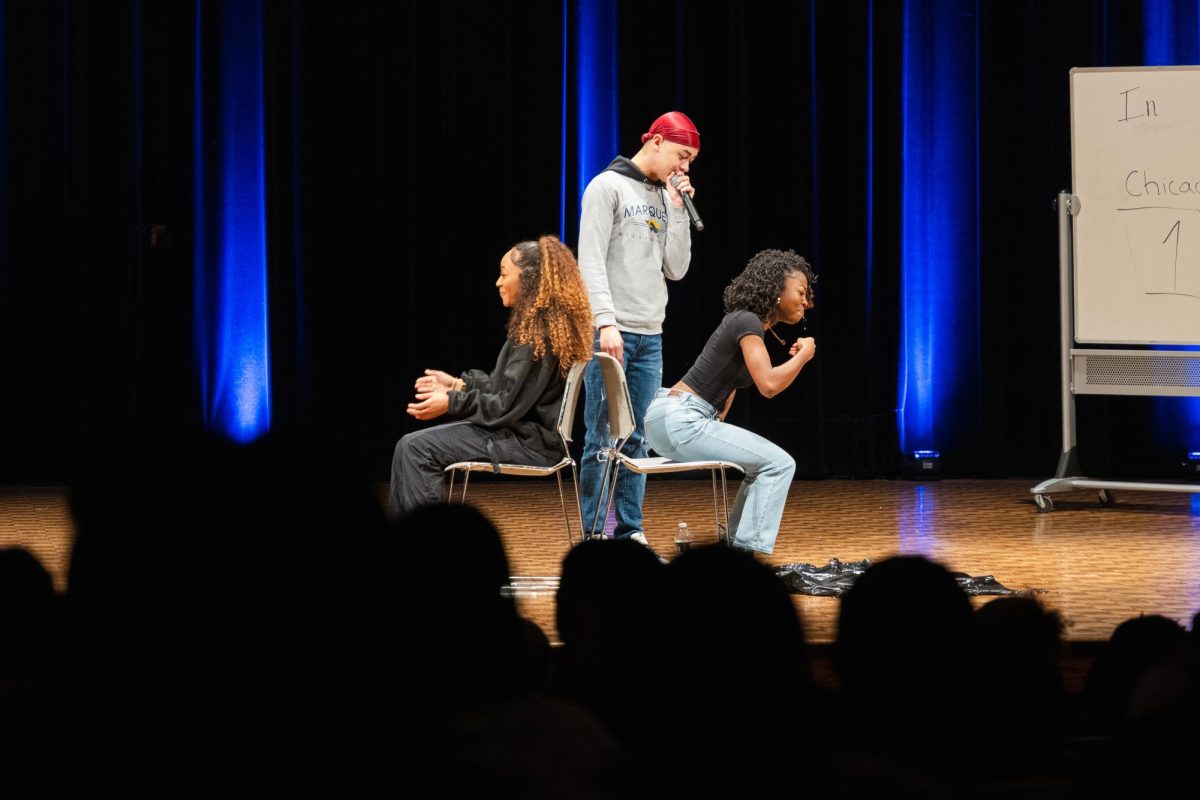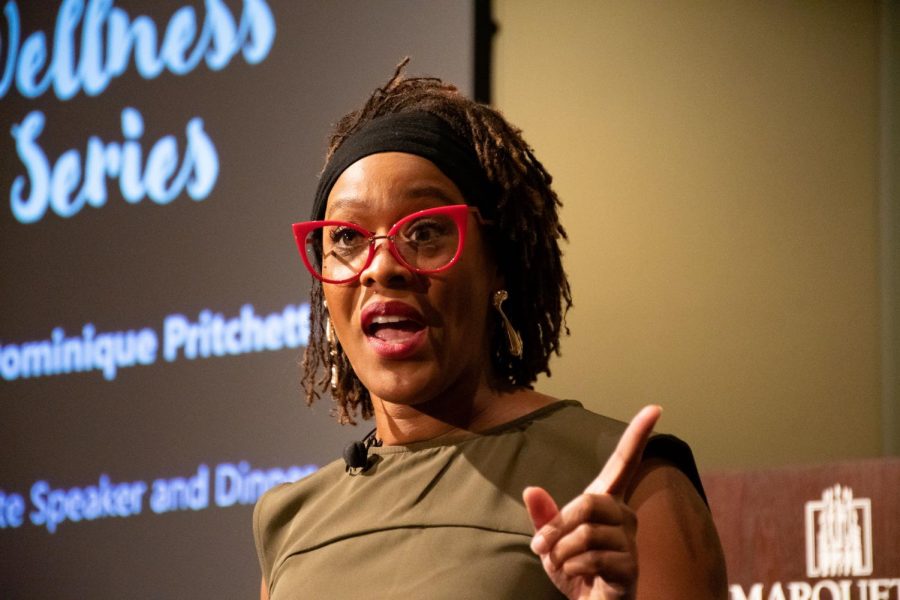Black History Month is not your 28-day subscription to allyship: Standing in solidarity with Black people should be a year-round priority.
Black History Month is an annual celebration of the achievements of Black people and a time for recognizing their central role in United States History. Originally, Black History Month was “Negro History Week” and was created by Carter G. Woodson and other prominent Black people in 1915.
Since 1976, every U.S. president has officially designated the month of February as Black History Month. Other countries including Canada and the United Kingdom devote a month to celebrating Black history, both in February as well.
So at the beginning of the month, corporations, organizations, brands and streaming services all decide that Black lives matter; that is until the month ends. Making Black art visible on websites and changing their logos are only a few examples of what occurs during Black History Month. But this kind of performative activism is concerning and counterintuitive to the practice of solidarity.
For example, directly after the murder of George Floyd in 2020, Instagram created something called “Blackout Tuesday,” in which black squares were shared on the platform in an attempt to express support for the Black community. Soon after, major brands like the GAP, Urban Outfitters and Nasty Gal all shared black squares with some variation of “we stand with you.”
View this post on Instagram
Meanwhile, Black activists who use social media to amplify the voices of Black people and bring awareness to systemic issues that harm our community were overlooked and we can partly thank performative activism for that. Besides the point that Black people are always overlooked, the activism being performed by millions of people on Instagram did not help.
Not only did the black squares not drive systemic change, but the same corporations, brands and streaming services that have posted these are the same ones exploiting people of color to make their clothes, discriminating against their models and everything in between.
Yet, they stand with us, right? I think not.
Fortunately, there are healthy and effective ways to stand with the Black community and self-education is a great start.
Simply saying you are an ally is not enough; a critical step in allyship is acquiring knowledge about racism and its effects on minoritized groups. It is not up to the Black people around you to educate you on Black history — we are not Google. However, Google is a great place to start.
There is a plethora of resources including scholarly articles and websites that will be useful in the pursuit of understanding systemic issues. Social media, such as Instagram, Twitter, TikTok and YouTube are great places to listen to first-hand accounts of people who have experienced racism as well.
I am aware that educating yourself is difficult, so there needs to be a willingness to lean into the discomfort and check your privilege as you do so, leading me to my next point: this conversation is not about you.
Although you may feel pain toward the events minoritized groups have experienced, the pain does not belong to you. Understanding this is crucial so that you do not step on the toes of people in the community; Make sure you are amplifying the voices of those in the community instead of your own.
Also, be aware that you will be under scrutiny, especially by those close to you, and to that, I encourage you to be strong and stand with our community even when you are scared. Picking and choosing when and where to be an ally is not allyship: it’s performative activism.
Allyship requires courage and the constant re-evaluating of values and principles you, as well as others, hold. It is always, and always will be, up to you to be better.
The question is: Will you rise to the occasion or will your subscription to activism end when Black History Month does?
This story was written by Hope Moses. She can be reached at [email protected]








